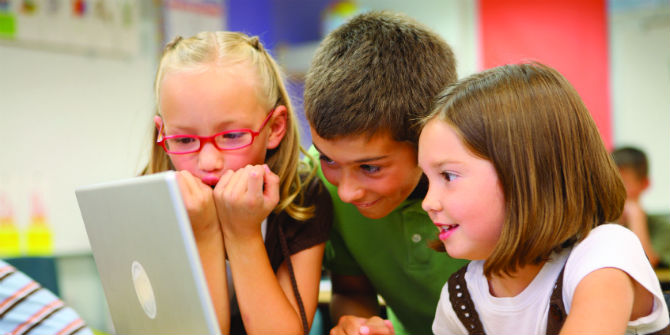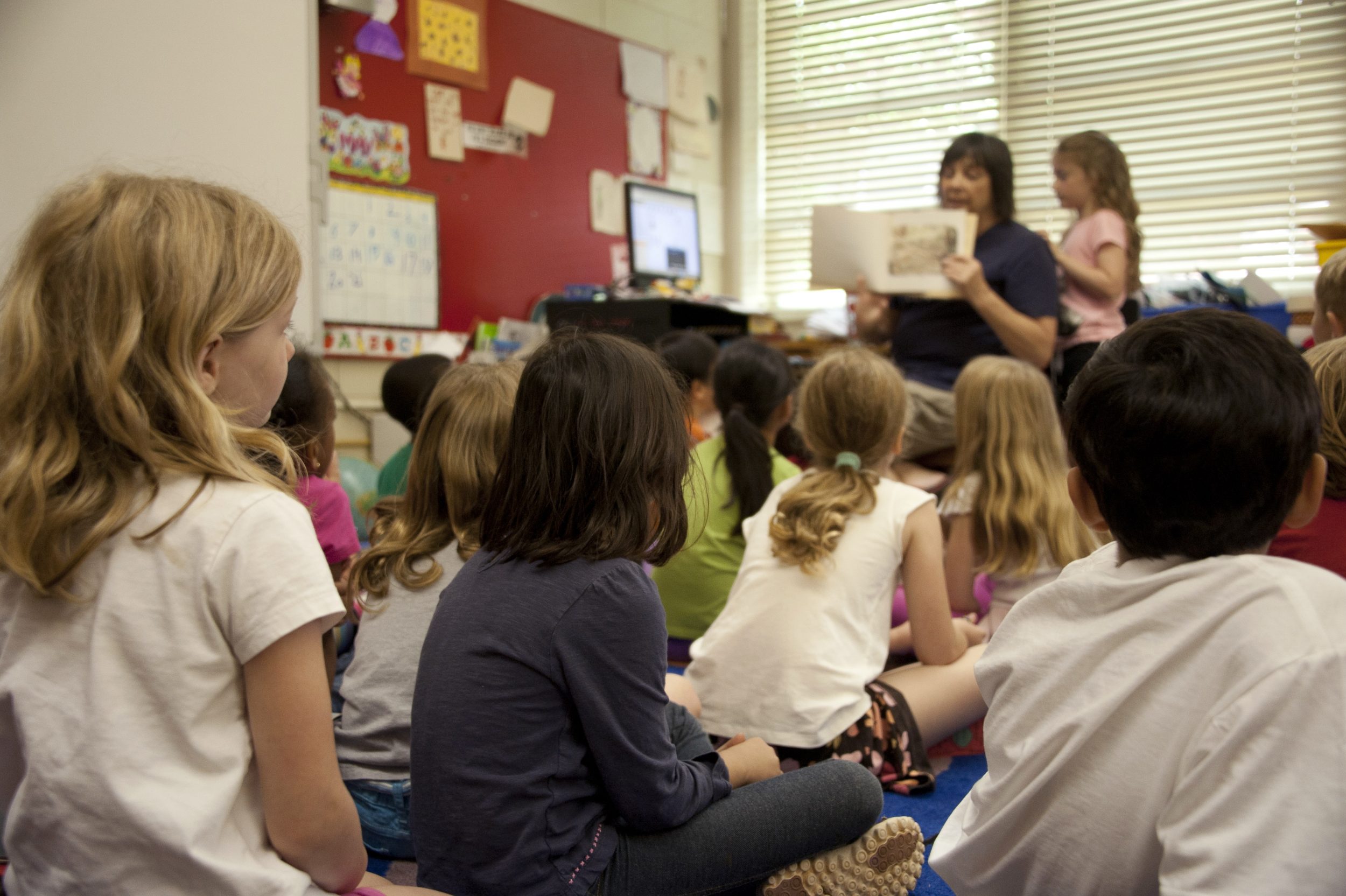



 University of Liverpool’s Gianfranco Polizzi, Jeanette D’Arcy, Rebecca Harris and Simeon Yates, and Liverpool John Moores University’s Frances Yeoman explain the findings of their recent research into media literacy provision in five areas across the UK.
University of Liverpool’s Gianfranco Polizzi, Jeanette D’Arcy, Rebecca Harris and Simeon Yates, and Liverpool John Moores University’s Frances Yeoman explain the findings of their recent research into media literacy provision in five areas across the UK.
There is growing awareness about the importance of media literacy in an age that is increasingly characterised by both the opportunities and risks presented by digital technologies (including AI and emerging technologies). Ofcom defines media literacy as “the ability to use, understand and create media and communications in a variety of contexts”. In the digital age, media literacy is an essential requirement for navigating the benefits of digital technologies for social expression and participation as well as risks such as misinformation, violations of privacy, and online abuse.
Unsurprisingly, therefore, not only academics but also policymakers, civil society practitioners, educators and many others in the UK have called for increased efforts to promote media literacy among the general public. Indeed, we know from Ofcom that many children and adults in the UK still lack the digital skills and knowledge they need to use digital technologies both safely and with confidence. Similarly, as reported elsewhere in our own work, we know that both functional and critical digital literacies are crucial to the digital inclusion of households with children in the UK, with four in ten falling below the Minimum Digital Living Standard.
It is therefore imperative that media literacy is promoted more robustly in ways that can reach both children and adults. However, the place of media literacy in the school curriculum remains dubious to date. Research commissioned by the Department for Science, Innovation & Technology (DSIT) shows that the media literacy landscape is complex and fragmented, with media literacy organisations requiring more funding for the design, implementation, and evaluation of initiatives (e.g., training, support programmes) and educational resources.
What we did
At the University of Liverpool, in partnership with Liverpool John Moores University, we recently conducted a project, commissioned by Ofcom, looking at media literacy provision from the perspective of policymakers and civil society organisations working in five areas in the UK: Birmingham / West Midlands, Greater Manchester, Liverpool City Region, Scotland, and Wales. Using a case study methodology, we conducted 18 semi-structured interviews with policymakers and representatives of organisations from across these areas.
In our final report, which can be accessed here, we present key findings from each of and across these areas. It is important to bear in mind that these findings provide a snapshot of each media literacy ecosystem but are far from comprehensive. Nevertheless, as summarised below, there are some interesting commonalities that emerged from the five areas.
Key findings
- Local and devolved governments within all five areas have established networks that are relevant to media literacy provision. These networks enable stakeholders from different sectors (public, private, civil society) to share what works (or not) in terms of provision. However, they are primarily concerned with digital inclusion, with media literacy piggybacking on them.
- Three key challenges dominate the media literacy landscape as a whole: 1) government funding (which is largely short-term, prescriptive, and limited), 2) the lack of an overarching framework for promoting media literacy more cohesively across the UK, and 3) media literacy is not firmly embedded in the school curriculum.
- Collaboration between organisations is pivotal to media literacy provision within all areas, especially when it comes to 1) accessing target populations, 2) signposting to resources and initiatives, and 3) seeking funding through industry partnerships.
- Examples of best practice that emerged from across the areas include: 1) the provision of tailormade support designed to meet the different needs of individuals and communities, 2) the use of digital technologies to disseminate resources, 3) the co-design of resources and initiatives with end users, and 4) the provision of training that is both educational and fun.
Recommendations
The findings above have implications for how to better support media literacy provision:
- Media literacy education needs to be more firmly embedded in the school curriculum.
- More efforts are needed to create an overarching framework for promoting media literacy across the UK, with a clear demarcation of roles and responsibilities.
- More funding should be allocated to organisations working in this space.
- While organisations often compete for the same funding opportunities, collaboration is key to their success. Therefore, incentivised opportunities for more collaboration should be encouraged.
- Use of digital inclusion networks could be maximised to bring media literacy provision to the attention of local and devolved governments and for organisations to share best practice as well as mistakes.
- At the same time, media literacy provision should not be subsumed into digital inclusion. While both share an emphasis on digital skills development, media literacy is more than digital skills. It prescribes what people need to know in the complex media environment of the digital age and, as such, requires media education to be at the forefront of provision.
As our society evolves with the rapid change of digital technologies, so does media literacy. If its provision is to match needs and priorities, then learning about and from challenges and best practice is a step in the right direction.
This post represents the views of the authors and not the position of the Media@LSE blog, nor of the London School of Economics and Political Science.
Featured image: Photo by Kenny Eliason on Unsplash





